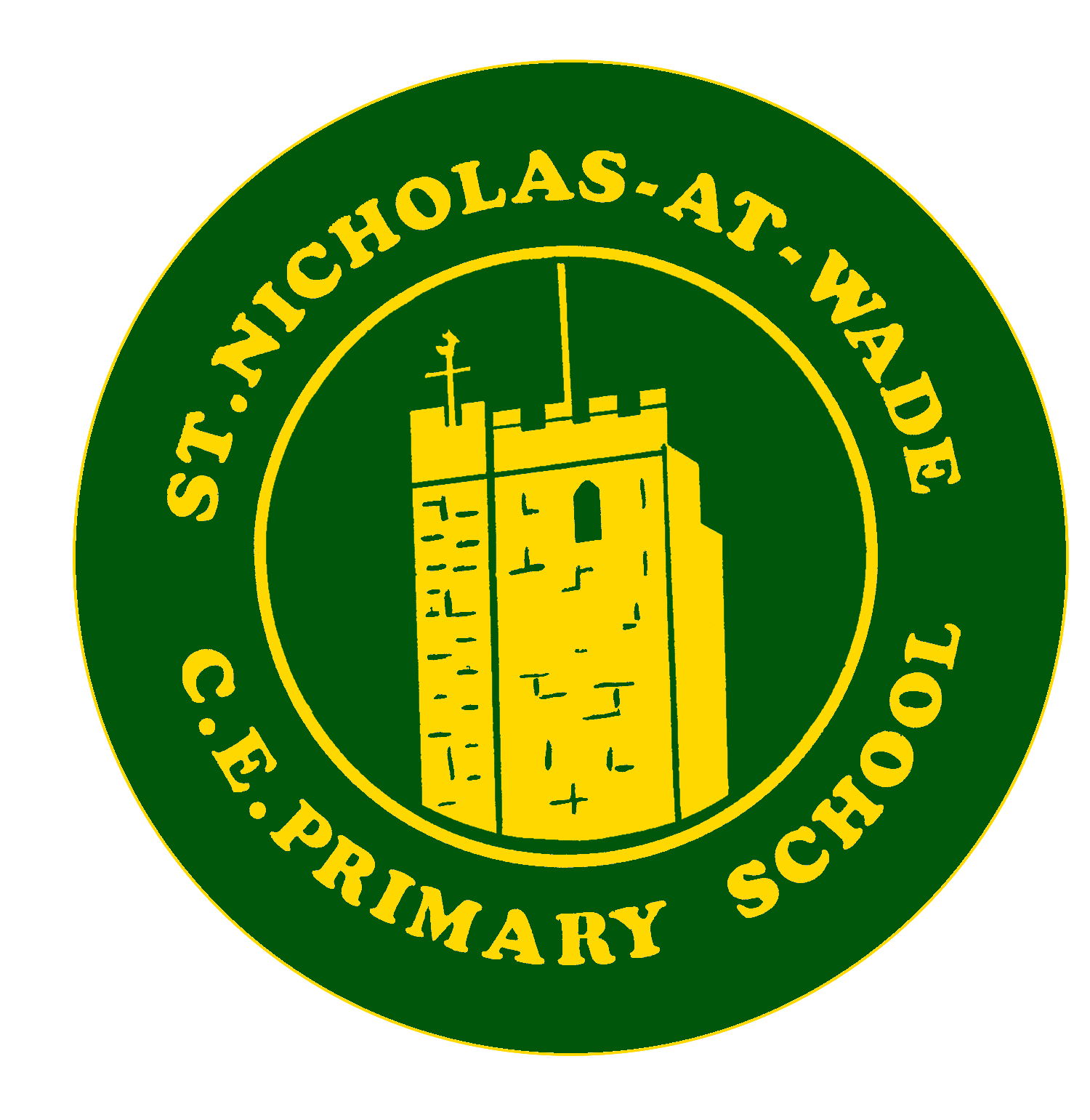Oracy
|
Intent At St Nicholas at Wade, we recognise the vital role that Oracy plays in the holistic development of our pupils. Our intent is to foster a culture where spoken language is valued as a critical tool for learning, social interaction, and self-expression. We want to equip our children to be able to have the courage to speak out for themselves and for others, feeling confident in their ability to do this articulately, respectfully and with an open mind. We aim to ensure that:
Implementation |
||
|
To realise our intent, we employ a comprehensive and strategic approach to the implementation of Oracy across the school, including:
|
||
By embedding Oracy into every aspect of school life, we nurture effective communicators who are equipped with the skills necessary to thrive both socially and academically, truly reflecting the ethos of an outstanding school.
|
||
|
|



